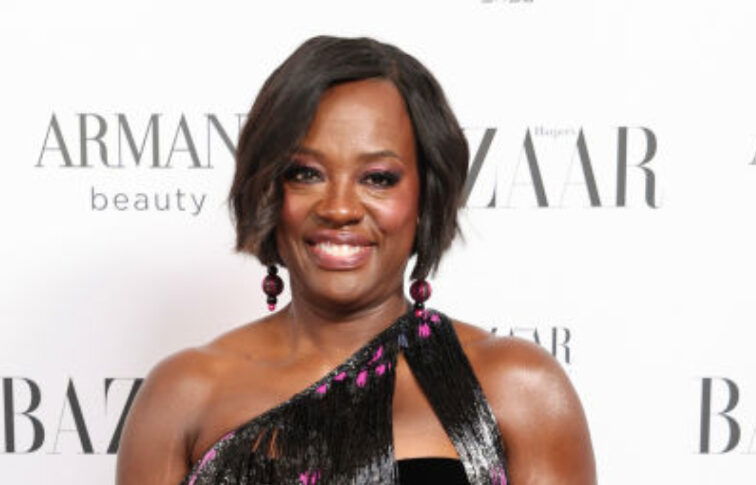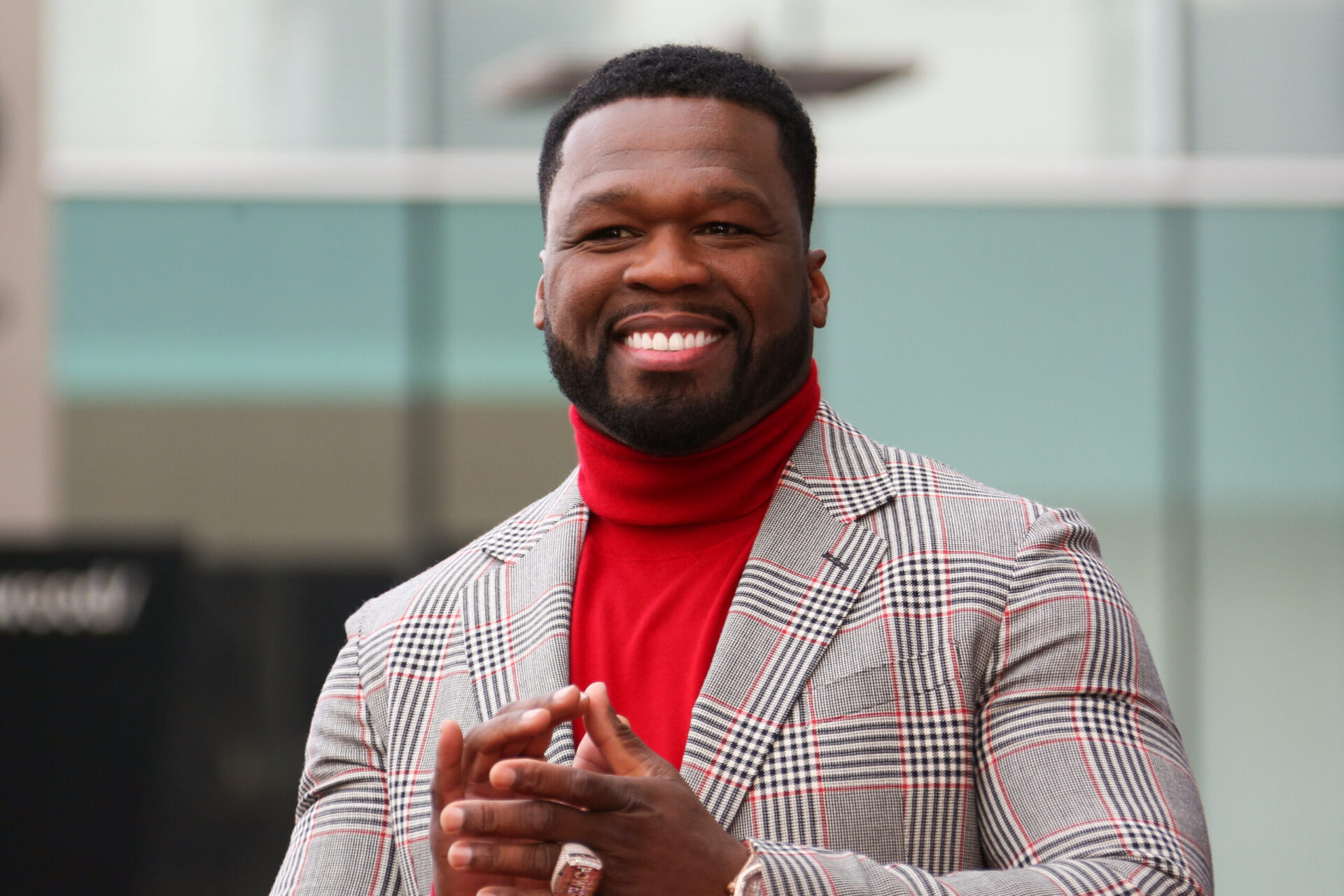
June 18, 2025
‘This Ain’t A Run I’m On’: Cam’ron Lands Revolt Deal For ‘Talk With Flee!’ Podcast
Cam'ron announced the new deal on June 17.
Rapper Cam’ron has signed a deal with Revolt for his Talk With Flee! podcast.
The host of It Is What It Is podcast announced the news on his official Instagram account on June. 18. As Revolt was once under the ownership and direction of Sean Combs, Cam’ron began his proclamation: “No Diddy.” The rapper did not disclose the specific amount of the deal. However, his post reveals the amount is in the millions.
Never humble, the Paid in Full actor seemingly congratulated himself for his continued success in the podcast space. He also took a moment to shout out his late mother, Fredericka Giles.
“This ain’t a run I’m on. It’s a fucking marathon. My mom up in heaven working. Miss and love you,” Cam’ron wrote.
View this post on Instagram
Cam’ron saw similar success with the It is What It Is podcast. In August 2023, the show signed an 18-month deal with betting platform Underdog Fantasy, Variety reported. For little over a year of work, the podcasters received eight-figures.
The official podcast’s Instagram page posted about the deal. “YALL ARE NOW LOOKING AT THE NEW MEMBERS OF THE @underdogfantasy FAMILY… SIGNED, SEALED, & DELIVERED. WE HERE TO STAY & THE TAKE OVER IS ABOUT TO GET REAL “
View this post on Instagram
It Is What It Is covers all things sports with Killa Cam’s childhood friend and fellow rap peer, Mase. Sports banter between the friends makes up the majority of the program. However, they receive an assist from the third member of the team, Treasure “Stat Baby” Wilson. Wilson provides real-time assistance and research to help keep the friends on track.
Conversely, Talk With Flee! is a departure from sports. The entertainer engages with celebrities, news, and gossip. The show is currently hosted on YouTube. To date, 15 episodes have aired. Topics have ranged from Diddy’s Freak Offs, Kanye “Ye” West’s public meltdown, and old-school conspiracies involving Sean Jay-Z Carter.
RELATED CONTENT: Kanye West Apologizes For Sexually Explicit Kamala Harris Post And Praises Trump On Social Media








